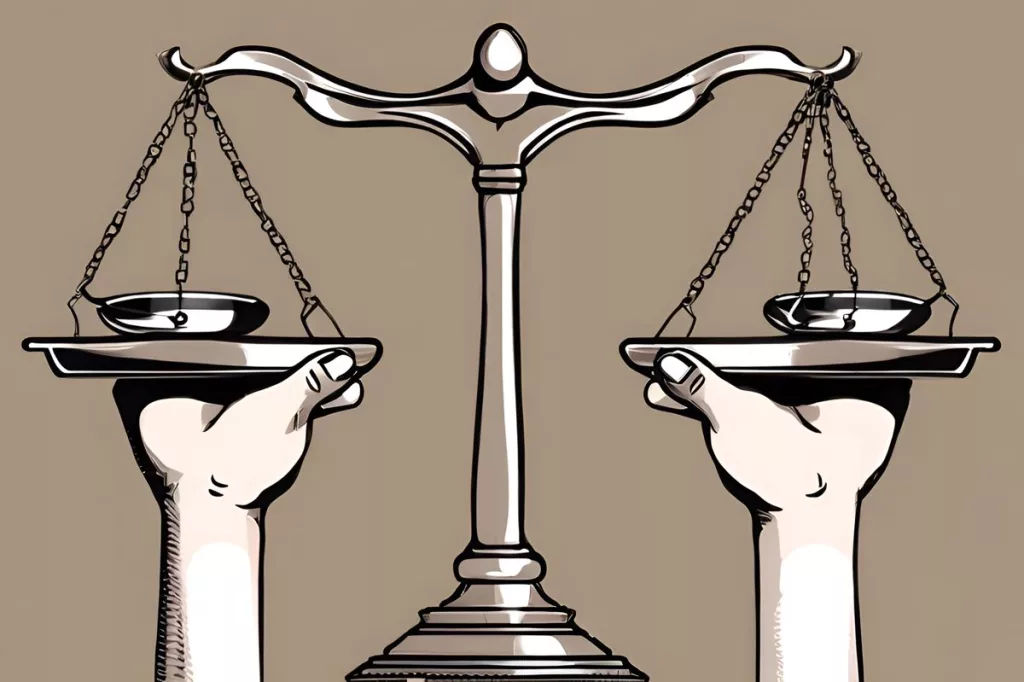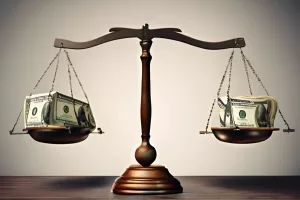The Speaker of the National Assembly, Ms. Nosiviwe MapisaNqakula, denies allegations of corruption linked to her past role as Minister of Defence and Military Veterans. She believes in honesty and ethical behavior, calling corruption an attack on democracy and governance. Although she faces challenges and controversies, she promises to cooperate with investigations and remains committed to serving the public with integrity. The Parliament of South Africa invites citizen participation, and its members, like Ms. Lindiwe Ntombikayise Mjobo, continue to dedicate themselves to public service despite challenges.
Deputy President Paul Mashatile is facing corruption allegations, including nepotism and violating the code of conduct. The accusations, which have been ongoing for several decades, bring to light a trend of distrust and alleged malfeasance in South Africa’s political sphere. The charges could potentially damage public trust and weaken democratic structures, but they also provide an opportunity for transparency and reform within the political system.
The Dispute Over Nzimande’s Suggested Fee Hike and Corruption Accusations: A Detailed Analysis
The proposed tuition and residence fee increase by South African Higher Education Minister Blade Nzimande has sparked opposition from the South African Union of Students (SAUS) and allegations of corruption against Nzimande. The proposed hike, coupled with a decrease in the National Student Financial Aid Scheme (NSFAS) budget, may reduce the number of financially assisted students. Calls for Nzimande’s resignation are increasing, and the future of higher education in South Africa is in jeopardy. The crisis highlights the need for transparent educational policies and tackling corruption.



